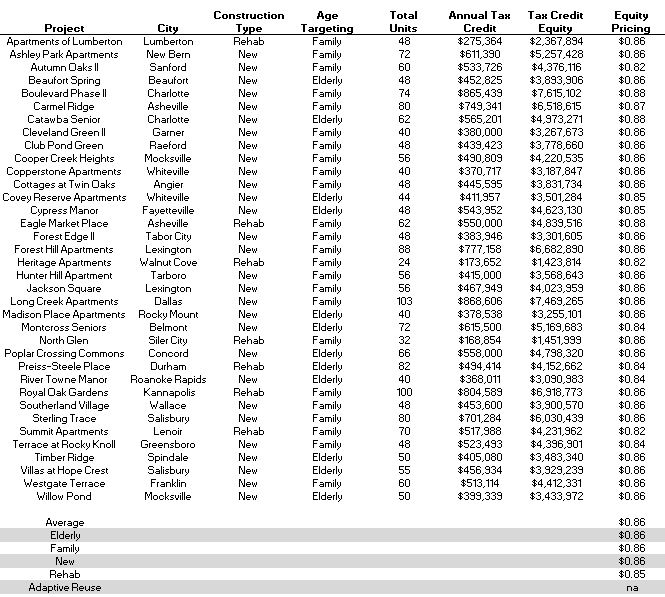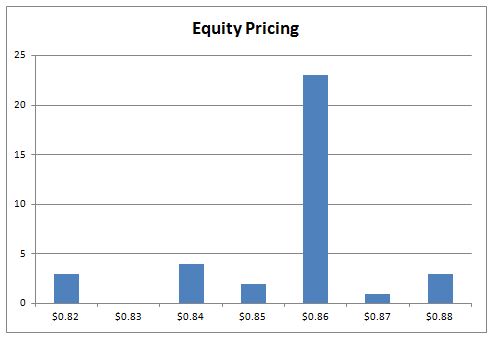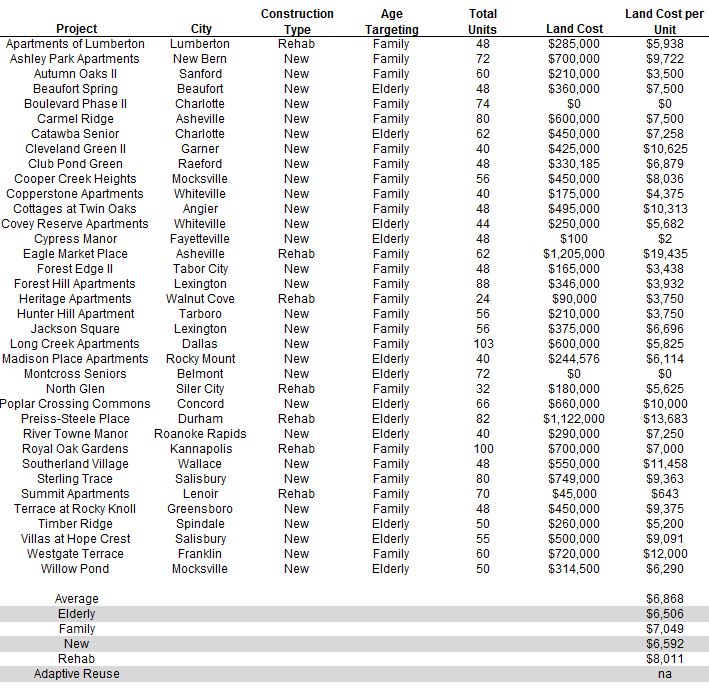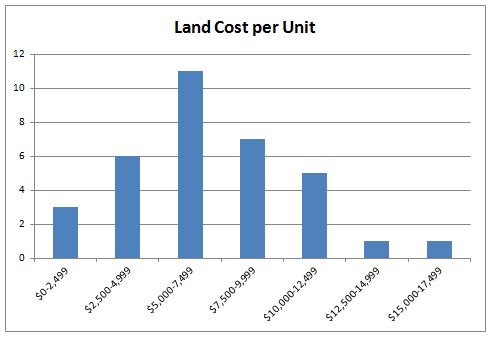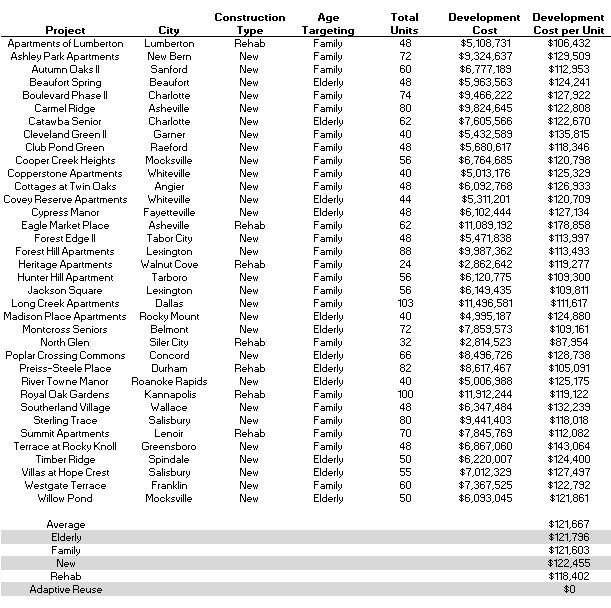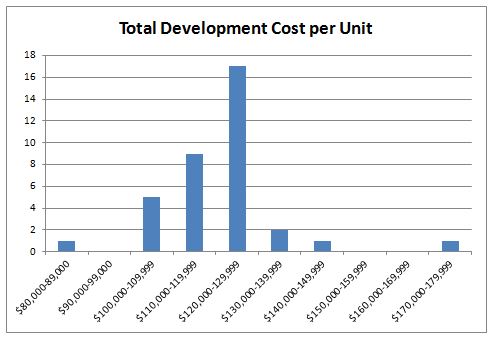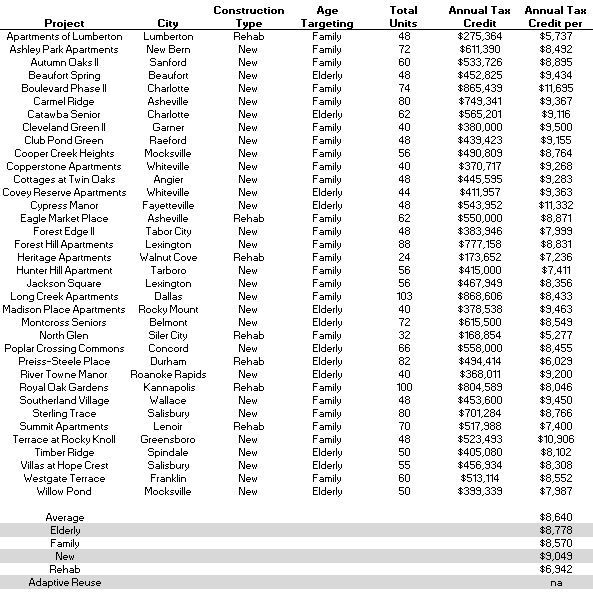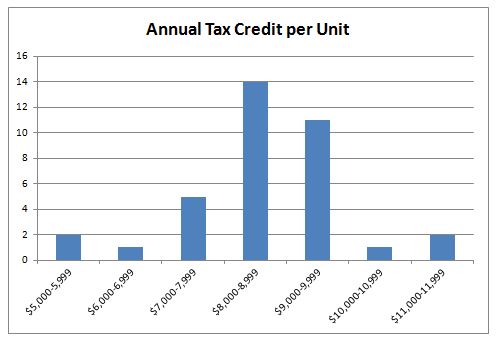The 2013 North Carolina Housing Finance Agency (NCHFA) Qualified Allocation Plan (QAP) includes a requirement that all 9% tax credit deals include at least one principal who has successfully developed, operated and maintained at least one 9% tax credit project in the state of North Carolina (see Section IV(D)(1) of the 2013 QAP). All such projects must have been placed in service between December 1, 2006 and January 1, 2012.
The experienced principal must be identified as the Applicant in the preliminary application. In addition, the principal must be either the general partner or the managing member of the ownership entity and remain responsible for overseeing the operation of the project for at least two years after it is placed in service. Five (5) application points will be awarded if the Applicant’s principal office is in North Carolina. The Agency reserves the right to determine whether a principal is, in fact, experienced as required by the QAP.
Allen & Associates has worked with developers on over 300 projects in North Carolina since 2000. Our professional network includes relationships with principals meeting NCHFA’s experienced developer criteria. We can assist in putting together a successful development team for your project.
Feel free to contact me (Jeff Carroll) at 704-905-2276 with any questions you may have regarding your project.


